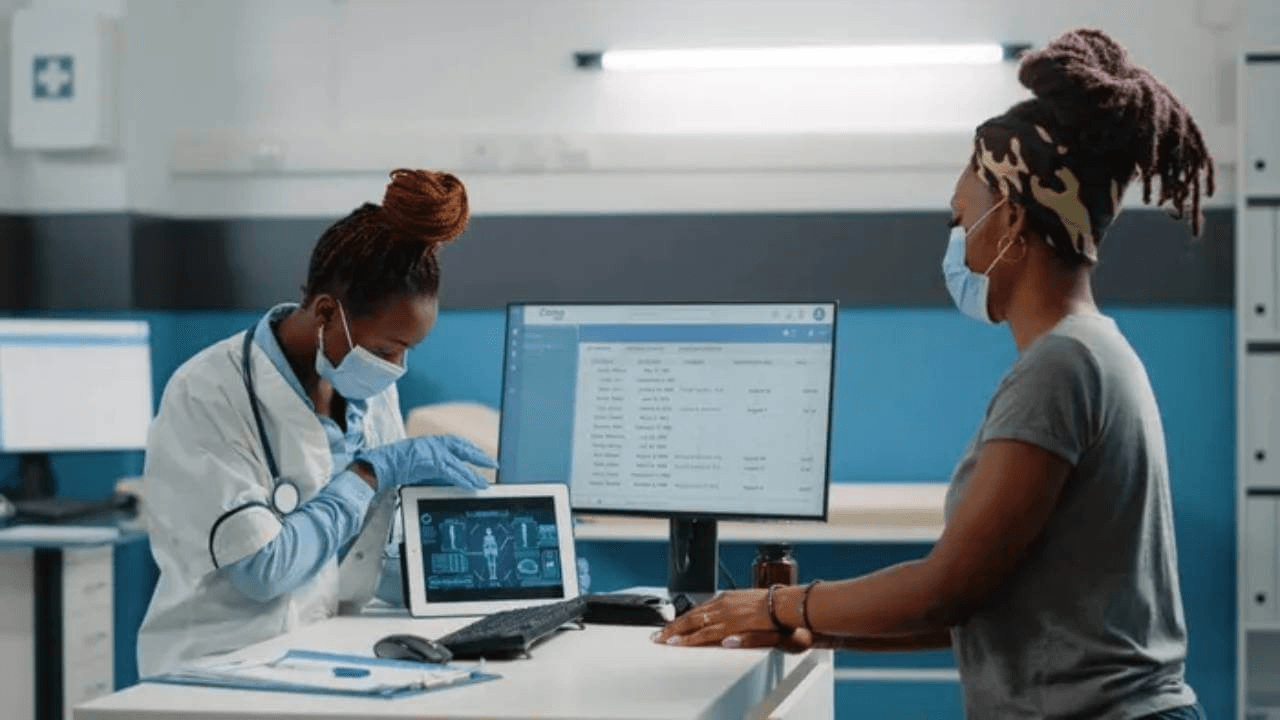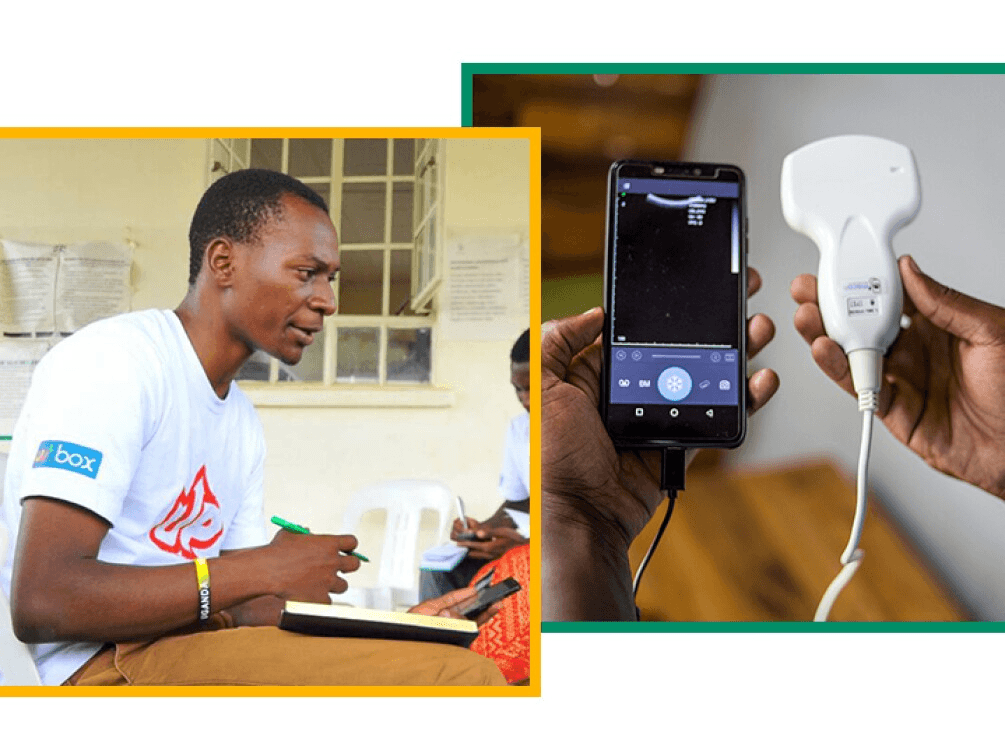Africa’s HealthTech Startups Using AI and Telemedicine to Close Gaps
Azolibe oscar
October 15, 2025

Africa’s healthtech startups are transforming access to healthcare through innovation. From Lagos to Nairobi, entrepreneurs are using artificial intelligence and telemedicine to connect patients with doctors, deliver faster diagnoses, and improve care for underserved communities. With growing mobile adoption and expanding digital infrastructure, these solutions are closing long-standing healthcare gaps and reshaping how millions receive medical support.
Expanding Access Through Telemedicine
Millions in rural Africa still face significant barriers to care, including long travel distances, limited hospital capacity, and a shortage of medical professionals. To address these challenges, startups are building mobile and virtual platforms that make healthcare more accessible than ever before.
Mobile-first platforms such as Zuri Health deliver healthcare through SMS, WhatsApp, and dedicated mobile apps. Users can consult doctors, order lab tests, and access pharmacies directly from their phones. Through partnerships with major telecom providers like MTN and Airtel, these companies are reaching patients in remote areas with limited internet access.
Virtual consultation platforms such as DRO Health and Waspito give patients direct access to licensed doctors through video calls or chat. These platforms reduce waiting times and eliminate the need to visit overcrowded facilities.
Home-based services are also gaining traction. MyQura connects patients with caregivers and nurses who provide home care, while Waspito now offers mobile laboratory testing that allows technicians to collect samples from a patient’s home.
The Role of AI in African Healthcare
Artificial intelligence is powering the next phase of healthcare across the continent. Startups are using AI for diagnostics, early risk detection, and data analysis to support healthcare professionals and improve outcomes.
Early risk detection tools like Stratify AI from HelpMum Africa help health workers identify high-risk pregnancies, ensuring timely care for mothers and babies.
Clinical decision support systems use AI models to assist doctors in treatment planning. These systems help improve accuracy in diagnosing and managing conditions such as hypertension, malnutrition, and malaria.
AI-powered diagnostics are enhancing accuracy for diseases like tuberculosis and cervical cancer by analyzing medical imaging and patient data.
Data-driven insights also help startups visualize disease patterns, manage supply chains more effectively, and improve healthcare delivery across their networks.
Other Emerging Innovations
Beyond telemedicine and AI, a new generation of startups is building complete digital health ecosystems.
Quro Medical enables remote patient monitoring that allows doctors to track recovery progress outside hospital settings.
Gabbi Health offers an integrated platform combining telemedicine, electronic health records, and self-monitoring tools to create a seamless digital health experience.
Zoie Health provides a holistic women’s wellness platform offering virtual consultations, medication subscriptions, and fertility and mental health support. Otida focuses on diabetes management through personalized nutrition plans and digital coaching.
Why This Matters
These innovations represent more than just new technology. They are strengthening Africa’s healthcare systems, creating jobs, and empowering communities with greater access to quality care. As mobile connectivity and artificial intelligence continue to expand, Africa’s digital health revolution is set to become a global model for innovation and inclusion.
Want to grow your business after funding?
Book a call with BuildX Consult to access expert strategies and tools designed to help your startup scale with confidence and control.

About Azolibe oscar
Oscar Azolibe is a tech enthusiast and writer passionate about startups, software development, and the future of innovation in Africa. With experience in product design and engineering, he brings unique insights into how emerging technologies are shaping new business opportunities.

